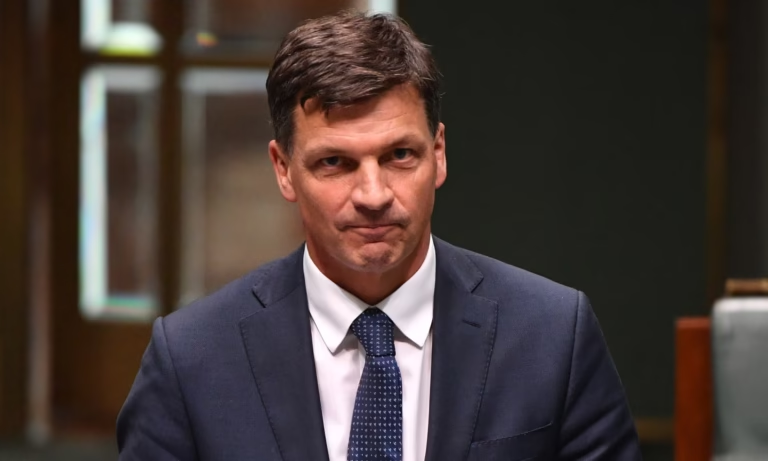Angus Taylor has emerged as a significant figure in Australian politics, particularly known for his strong stance on defence and national security. As a senior member of the Liberal Party and currently serving as Shadow Defence Minister, Taylor has consistently called for urgent reforms and increased funding in Australia’s defence sector. His warnings about the country’s defence capabilities and spending reflect growing concerns about regional stability and evolving global threats.
Taylor has represented the electorate of Hume in New South Wales since 2013. His background in engineering and economics, combined with experience in business and energy consulting, has shaped his approach to policy. Over the years, he has taken on various ministerial roles, including Minister for Energy and Emissions Reduction from 2019 to 2022. This role placed him at the center of national debates on energy policy, emissions targets, and climate change. Despite the controversies often surrounding his energy decisions, Taylor has maintained a focus on economic growth alongside security and infrastructure development.
As Shadow Defence Minister, Taylor has been particularly vocal about Australia’s need to increase defence spending and improve military readiness. He has criticized the current government for failing to meet even its own strategic defence targets. According to Taylor, Australia risks falling behind in key areas such as naval maintenance, recruitment, and the upgrading of defence infrastructure, especially in northern Australia. He has repeatedly stressed that defence spending should be based on capability needs, not arbitrary financial targets, and has highlighted the necessity of maintaining strong deterrence in an increasingly complex international security environment.
Taylor’s warnings come amid a backdrop of rising tensions in the Asia-Pacific region. With authoritarian regimes expanding their military reach, Taylor argues that Australia must act swiftly to protect its sovereignty and regional interests. He has pointed out that the government’s Defence Strategic Review outlines clear priorities for investment but claims these have been ignored. For example, he has emphasized the importance of the Henderson submarine facility in Western Australia, which plays a critical role in building and maintaining Australia’s naval fleet. Taylor insists that this facility requires immediate investment to ensure it can meet the demands of new submarine construction and ongoing maintenance.
One of Taylor’s key concerns is the state of the Australian Defence Force’s personnel numbers. He has warned that recruitment efforts are falling short, leaving the military understaffed by thousands. Taylor argues that without sufficient personnel, the country’s defence capabilities will be severely weakened. In addition to recruitment, he has drawn attention to the need to harden military bases in northern Australia, such as those in Tindal, Darwin, and Townsville, which are considered frontlines for national security. Upgrading these facilities is essential for Australia to maintain a credible defence posture.
Taylor also highlights the growing threat of modern warfare technologies, particularly drone warfare. He stresses the importance of boosting funding for drone and anti-drone systems to keep pace with rapid technological changes. Failure to invest in these areas, Taylor warns, could leave Australia vulnerable to new forms of conflict that require advanced defensive capabilities.
Throughout his political career, Angus Taylor has been a figure who combines technical knowledge with a firm political stance. His engineering and economics background supports his advocacy for policies that prioritize practical and strategic needs. While some of his past decisions, especially in energy policy, have attracted criticism, his current focus on defence resonates with many Australians concerned about national security.
Taylor’s approach to defence reflects a broader view within the Liberal Party that Australia must strengthen its military capabilities not just to align with international allies like the United States but to ensure the country’s own safety. He insists that the goal is not alarmism but realism—recognizing that peace is maintained through strength and preparedness. By calling for increased funding and immediate action, Taylor aims to push the government to prioritize defence at a time when global threats are evolving rapidly.
As debates over defence spending continue, Angus Taylor remains a key voice urging the Australian government to meet the challenges head-on. His emphasis on capability-driven investment and readiness highlights the complex balance between financial planning and strategic necessity. With ongoing regional tensions and technological advancements in warfare, Taylor’s position underlines the urgent need for Australia to modernize and reinforce its defence forces.







